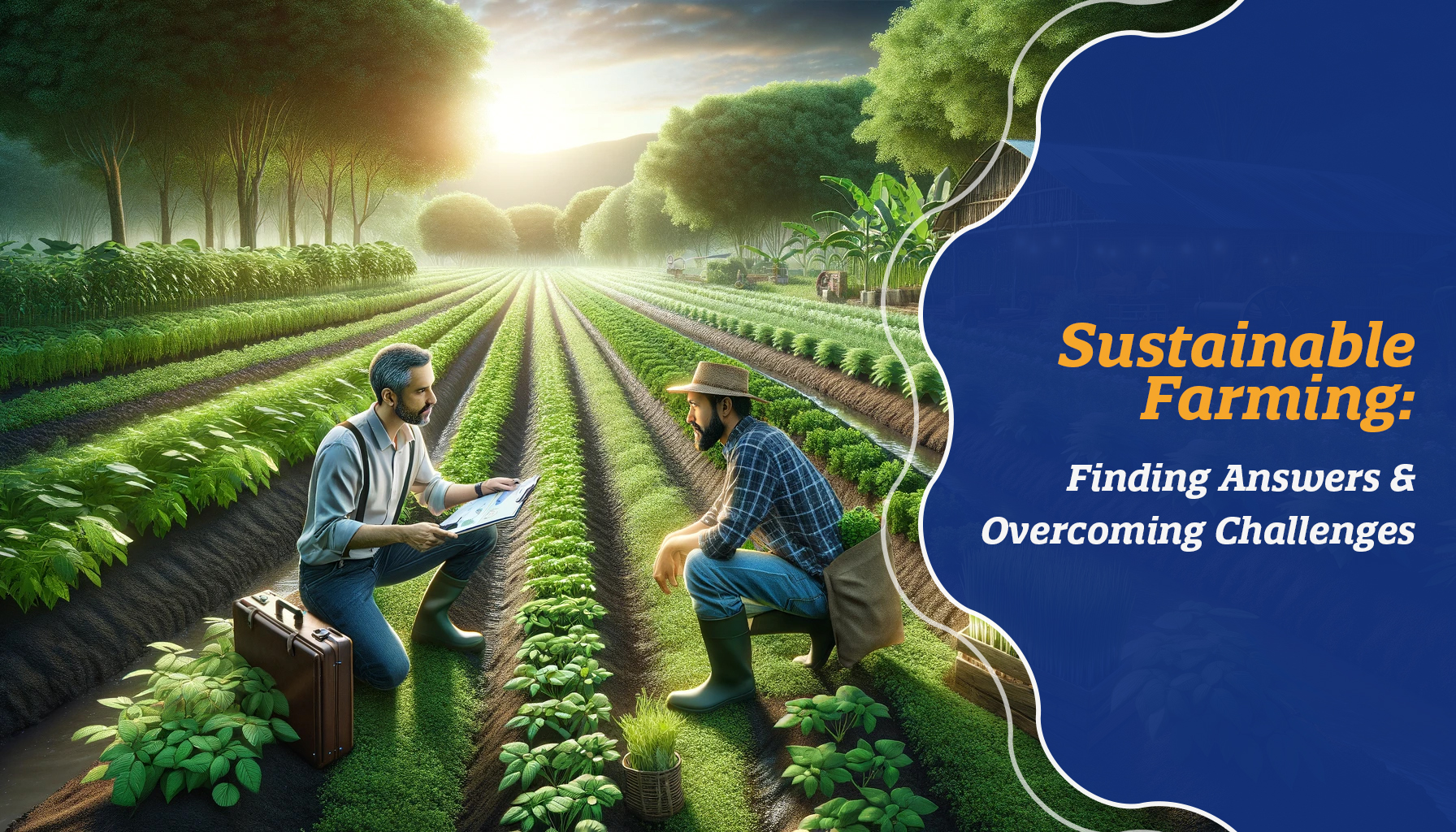



Challenge 1: Is sustainable farming economically viable?
Answer: Absolutely! Sustainable farming can be financially advantageous in the long run. By reducing input costs, optimizing resource utilization, and tapping into premium markets, Earthmade’s farming method offers economic benefits and enhances the financial sustainability of farming operations.
Challenge 2: How do I transition to sustainable practices?
Answer: Transitioning to sustainable practices can seem daunting, but Earthmade provides guidance and support throughout the process. Their experts work closely with farmers, offering resources, knowledge, and personalized assistance to helpthem navigate the transition and implement sustainable farming practices effectively.
Challenge 3: Will eliminating pesticides affect crop yields?
Answer: While the elimination of pesticides may raise concerns, Earthmade’s farming method is designed to foster soil health, promote biodiversity, and harness beneficial bacteria to combat pests and diseases. Farmers who have adopted Earthmade’s method have witnessed successful yields and improved crop quality, demonstrating the efficacy of sustainable pest management practices.
Challenge 4: How can I meet market demand for sustainable products?
Answer: Earthmade’s farming method aligns with market demand for sustainably produced food. By embracing sustainable practices, farmers can differentiate their products, meet the preferences of sustainability-conscious consumers, and access premium markets. Earthmade’s commitment to industry trends and market demand ensures that farmers can tap into the growing market for sustainable agriculture.
FAQ 1: Will the transition to sustainable farming require significant investment?
Answer: Transitioning to sustainable farming practices may involve initial investments in equipment and training. However, the long-term benefits, including reduced input costs, improved crop yields, and access to premium markets, make it a worthwhile investment in the future of your farm.
FAQ 2: What support does Earthmade offer to farmers?
Answer: Earthmade provides comprehensive support to farmers, including personalized guidance, resources, and ongoing assistance. Their experts collaborate closely with farmers, addressing concerns, providing technical advice, and offering support throughout the transition to sustainable farming.
FAQ 3: How does sustainable farming benefit the environment?
Answer: Sustainable farming practices, such as those employed by Earthmade, minimize environmental impact, promote soil health, preserve biodiversity, and conserve natural resources. By adopting sustainable practices, farmers contribute to the preservation of ecosystems and the long-term sustainability of the environment.
Navigating the path to sustainable farming is not without its challenges, but with Earthmade’s farming method and support, farmers can overcome obstacles and embrace a sustainable future. By addressing common challenges and providing answers to frequently asked questions, Earthmade empowers farmers to transition to sustainable practices successfully.
Be our cheerleader! There are multiple ways you can support Earthmade, even if you aren’t a farmer or industry professional. Help us out by socializing online, downloading information, and getting the word out! Everyone can benefit from Earthmade, and can do something that is 100% Good for the earth!
We are always looking for partnerships, industry professionals, educators, scientists, and distributors to help us make a difference! Get in touch if you are interested in helping us spread our mission and showing your support for better food, better health, and a better earth.
It is Earthmade’s goal to form a strong global connection of farmers, and to find partners that share our vision of making a difference across the globe in sustainability. If you know someone that can help us fulfill our mission, refer them to us!
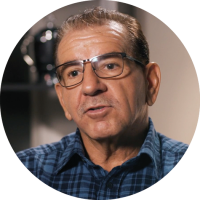
Mike Dobbins is developing bio inputs to replace pesticides, herbicides and chemical fertilizers. His mission is to give farmers the tools they need to produce 100% chemical free food at the scale needed to feed the 9.8 billion people that will soon inhabit the earth. “If you want to look after biodiversity, and you want to improve our soil health, and you want to improve our chronic illness growth, we have to have NO chemicals. And in all fairness there has not been, on a worldwide basis, a solution to the problem.


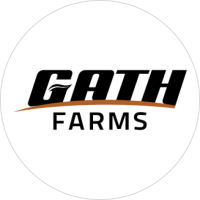





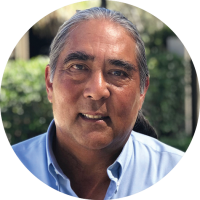
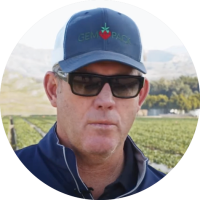
Mike Etchandy is a fourth generation organic and conventional Orange County strawberry farmer. Jaded by the ambiguous organic certification system and the heavy metals it relies on, he has been testing new bio inputs on his strawberry fields to reduce his dependence on harmful chemicals.